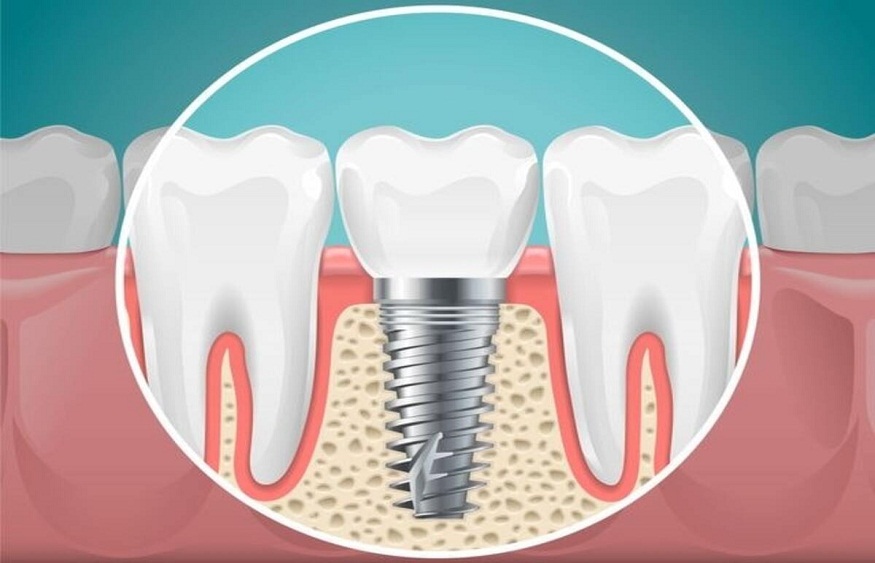If you’re considering dental implants in Breckenridge, it’s the most convenient method for replacing lost teeth. Breckenridge dental implants are ceramic or titanium posts inserted into your jawbone to retain artificial teeth. They act like your original teeth’ roots to offer a solid base for fixed or removable replacement teeth that correspond to your actual teeth.
The surgery is conducted in one appointment, and the procedure provides successful results, promoting a natural-looking smile, bolstered teeth functionality, and reducing bone loss likelihoods. Are you considering dental implants as a fixed instead of a removable strategy for replacing lost teeth? Before commencing the process, you must know its pros and cons!
Pros of Dental Implant
Improved Ability to Talk – It’s possible to stumble or struggle when talking if your dentures fall out of your oral cavity. But a dental implant lets you speak without your teeth slipping around.
Top-notch Oral Health – Dental implants that fall out of your mouth can make your gums infected or sore. Fungi or bacteria can thrive in any crevices or cracks of the dentures, which increases your risk of acquiring an infection. But dental implants permit straightforward access between teeth to floss for top-notch gum health.
In addition, getting a tooth-supported bridge might require you to have part of your teeth cut down. With dental implants, you don’t have to repair or alter the adjacent teeth, which may promote your long-term oral health.
They Last a Lifetime – Regarding teeth, investing in top-notch dental care is vital. Irrespective of obtaining braces as a teenager or dental crowns later in life, putting cash into your smile will be beneficial in the long run. Hence, dental implants are considered a long-term investment. Dental implants can last a lifetime with adequate care & maintenance, unlike dentures, requiring alteration every 5-10 years.
They Prevent Bone Loss – Dental implants can help thwart bone loss in your jaw. Compared to other tooth replacement options, for example, dentures & bridges, which rest on top of your gums, dental implants merge with your jawbone. It assists in stimulating bone growth and impedes deterioration. However, studies have demonstrated that bone loss can be significantly minimized in patients who select dental implants over other tooth substitutes.
Cons of Dental Implant
Expensive – Despite being long-term investments, dental implants are notorious for exorbitant costs. In Breckenridge, the price of a single implant, including the crown’s worth, can range from $3000 to $7000 for a single tooth. If you need full-mouth dental implants, the cost will be somewhere between $25,000 to $80,000.
Several Appointments and Prolonged Waiting Period – Obtaining dental implants involves several appointments and hours as the implant merges with the jawbone. Sometimes, it might take a maximum of 1 year for the dental implant to heal fully.
It Needs a Healthy Mouth – Most patients who have lost their teeth are the ideal candidates for dental implants. They’re not appropriate for everyone, mainly if you suffer from specific chronic health issues. Dental implants need top-notch oral health. You might not be the best fit for this surgery if you have oral health issues or gum diseases. Moreover, dental implants require a robust jawbone. The implants are usually placed surgically into your jawbone. In case your jawbone isn’t adequately dense, the implants can’t merge and may get loose and fall out of the mouth.
Conclusion
As getting dental implants involves surgery, having post-surgery pain is common. Most individuals who have gone through this surgery had minimal pain and bruises & swelling during and after the surgery than having a tooth extracted. As far as the recovery time is concerned, dental implant recovery time is different for everyone. However, most patients can return to daily activities in approximately 3 days.



